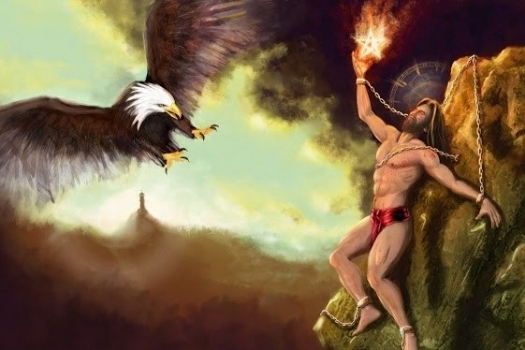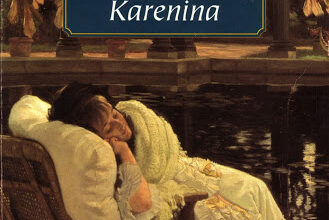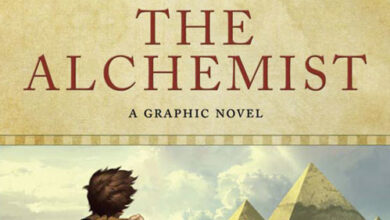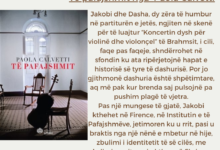Aeschylus Prometheus bound

Eskili Prometeu i mberthyer

Aeschylus was a great playwright of ancient Greece. He was born in 525 BC in Eluzina, near Athens. He belonged to an aristocratic family. He lived at a time when the Greeks were at war with the Persians, where he himself took part in the war against them. He spent most of his life in Athens, while he died in Gela, Sicily in 456. He was the first great tragedian of Greek antiquity, along with Sophocles and Euripides being the founders of the tragedy. In addition to tragedies, he wrote satirical pieces and elegies, and about 90 plays of which only these tragedies are preserved: “The Persians” (472 BC), “The Seven Against Thebes” (467 BC), Hiketide ”(463 BC); “Bound Prometheus” (stuck); “Orestia” (trilogy) (458 р. С. S). Stuck Prometheus Aeschylus.
Apart from tragedy, the Persians, all others have taken subjects from the cycles of ancient myths and legends, through which Aeschylus expressed the spirit of the time, political and social clashes, virtues and crimes, human sensations in all their light-shadows, the struggle on the philosophical plane between obscurantism and the Enlightenment.
The tragedy “Prometheus Stuck” is one of Aeschylus’ greatest works, which will be at the center of this analysis. This tragedy is an integral part of a trilogy, the other two parts of which, “Fiery Prometheus” and “Liberated Prometheus”, have not been preserved. According to myth, Prometheus created the first man with mud, who in time multiplied. In order not to leave them in misery and ignorance, he went to the fiery chariot of the Sun (Helios), stole a spark, which he put in a reed, and brought this source of divine fire to the people. This made Zeus furious with anger, to order the creation of Pandora, the first woman, who would bring disaster to the world of men. He also orders Power, Violence and Hepheastion to trap Prometheus on a rock in the Scythian mountains in the Caucasus. Here begins the action of the tragedy that takes place in that wild and desolate land, where no human foot has stepped. Tied to that mountain, Prometheus would be eaten by an eagle every day. Later, Prometheus is rescued by Hercules.
Since the fable of this tragedy takes from the mythological cycles with the deeds of deities and legendary heroes and this fable was known, it does not matter the resolution of the conflict as long as there are artistic flows and the technique of organizing dramatic material, so the scenes are alive and universal.
In terms of the topics addressed in this work, we first distinguish the topic of tyranny and society. Zeus is considered the most ruthless by tyrants because he does not recognize feelings like love, friendship or pity. He condemns Prometheus even though they were friends, even Prometheus was the key factor that led Zeus to victory in the war against the Titans. This punishment was taken from Zeus because Prometheus valued friendship with people more than that with Zeus. The reason why Zeus does not value friendship lies deep in his nature, in his self-esteem and in his conviction that everyone should submit to him. Aeschylus, therefore, deliberately mentions several times during the work the role of society and love. Also, the Oceanic Choir finally concludes by saying friendship is a wonderful value.
Another topic that is addressed is thought and strength. Prometheus and Zeus are known respectively as representatives of wisdom and strength. The conflict between the two characters advances throughout the work because they both follow their own path to solve problems. In the end, Aeschylus teaches us that strength needs wisdom to manage and avoid disasters. The topic of progress is also addressed. Aeschylus believes in the progress of mankind, and as a result Zeus feels threatened by this.






